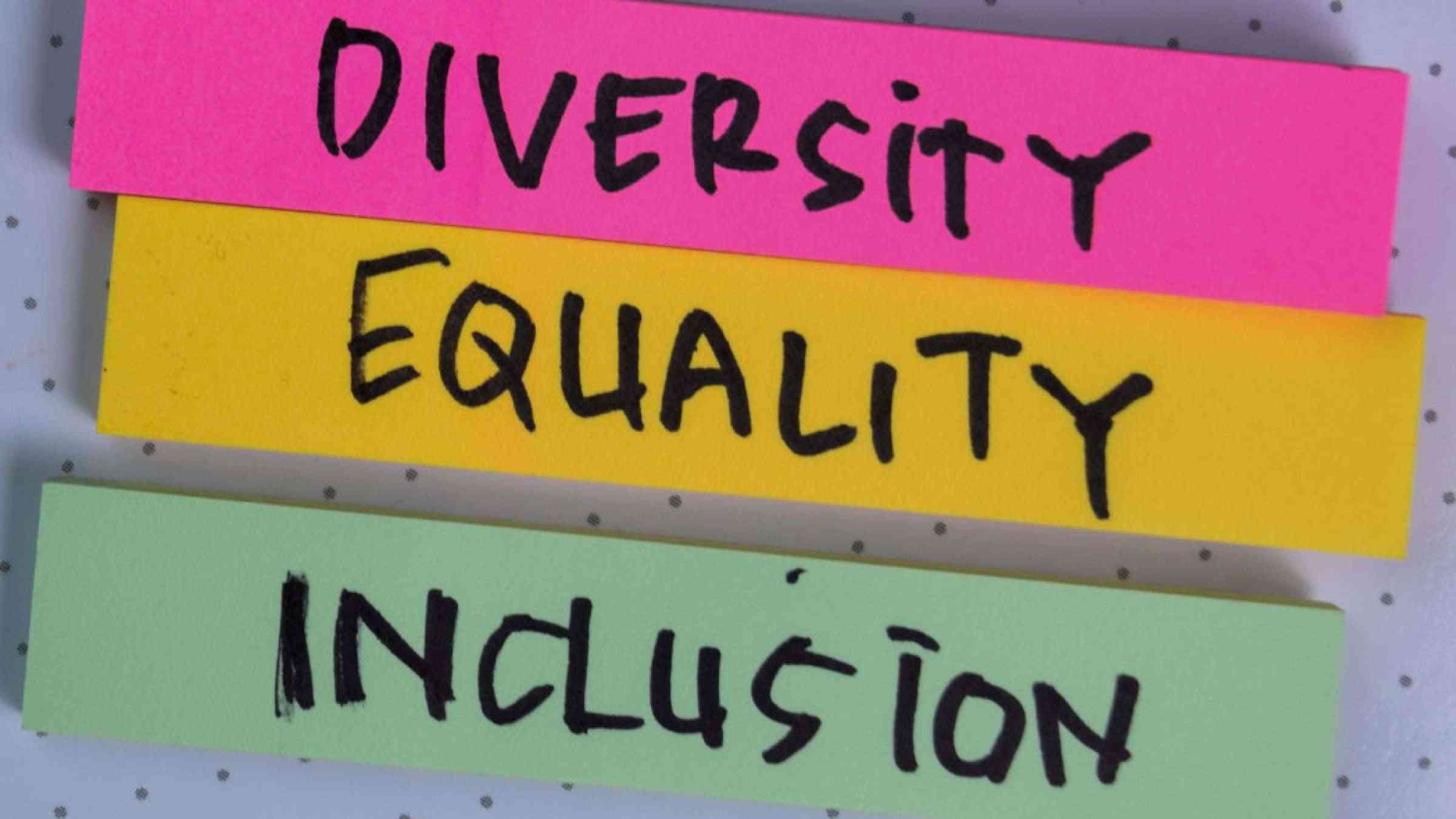
Zimbabwe should concentrate its efforts on closing the gender inequality gaps and address violations faced by women and girls to create an enabling environment for a peaceful and prosperous country, United Nations resident and humanitarian co-ordinator Edward Kallon has said.
He was speaking during the Beyond Spotlight: Achievements, Gains and Areas of Work for Creating the Enabling Environment for the Advancement of Gender Equality, Women’s Rights and Empowerment meeting in Harare yesterday.
Kallon said addressing the equalities gaps and human rights was also essential in making sure that Zimbabwe achieves the national Vision 2030 for a middle-income economy.
“We can no longer half-step or tiptoe around a fundamental development and human rights issue. Gender equality is a fundamental right, but often in our programming and work, we lessen the importance of this human right by referring to it as ‘gender issues’ or we hear reference to gender-based violence as a ‘soft’ social issue,” he said.
Zimbabwe launched the 16 Days of Activism Against Gender-Based Violence in Hauna, Manicaland, on Sunday this week amid concern that violence against women and girls remained widespread.
According to statistics, approximately one in three women and girls experience gender-based violence, inhibiting their potential and contribution to development.
In Zimbabwe, the 2019 Zimbabwe Multiple Indicator Cluster Survey reported that 39,4% of women aged 15 to 49 experience physical violence at least once in a lifetime, while 11,6% experience sexual violence.
Meanwhile, the European Union invested €250 million in eight African countries, including Zimbabwe in a bid to eliminate violence against women and girls.
- Govt adopts UN protocol on child rights
- Zim newspapers struggling: Mutsvangwa
- Brand Zim launched
- Aggression won't build Brand Zimbabwe
Keep Reading
EU ambassador to Zimbabwe, Jobst von Kirchmann said the funds would be dedicated not only to eradicating violence against women and girls, but also to other harmful practices and related aspects of sexual and reproductive health and rights.
“The EU remains steadfast in its commitment to promoting gender equality and women’s empowerment. Globally, through collaboration with the UN, we’ve invested €500 million to create a fund dedicated to eliminating violence against women and girls.
“Specifically, €250 million was allocated to eight African countries, including Zimbabwe, focusing on eliminating sexual and gender-based violence, harmful practices, and addressing related aspects of sexual and reproductive health and rights,” he said.
Women Affairs, Community, Small and Medium Enterprises Development minister Monica Mutsvangwa said there was need to engage independent commissions and technical partners to develop a new country programme outline for a joint programme on expanding gender equality gains.
“We need far more joint initiatives and programmes involving government, civil society, private sector, independent commissions and oversight institutions, development partners, among others, which create and respect national ownership,” she said.
“We cannot expand the gender equality gains and eliminate GBV in isolation. Closing the gender equality gaps and reaching the most vulnerable requires holistic, co-ordinated, and well-resourced programmes and partnerships.”
The EU also partnered member States and Switzerland under the Team Europe banner to promote gender equality and women empowerment in Zimbabwe which is the only country benefiting under the programme.










